Political Polarization and the Dignity of Man
BY NICK SAWICKI | November 24, 2014
In Ray Bradbury’s collection of novellas, Now and Forever: Somewhere a Band is Playing & Leviathan ‘99, the question as to what is nature is posed to the character of Socrates. “Socrates answered, sparks showering,” writes Bradbury, “’God surprising himself with odd miracles of flesh.’” What is man, what is life, if not a miracle manifested in the flesh? The common denominator of life, of experiencing the world through a human perspective in a unique manner determined by biology and fate, is a great equalizer. Regardless of race, gender, sexual orientation, or creed, we all retain that humanness, the indelible fact that we are all individuals of the same evolutionary tradition defined with an innate and immutable dignity. This is a factor that our current political climate has seem to forgotten when considering not only the issues of its constituency but, as a global superpower, those of the worlds most in need.
On November 20th, 2014, President Obama signed Executive Actions on Immigration, seeking to aid immigrant families within the United States, reform the immigration system, strengthen American borders, assist the U.S. economy, and protect the victims of human trafficking. By this simple Executive Action, the President was able to provide relief for 5 million immigrants within U.S. borders, providing a beginning for what will undoubtedly be a long road to total reform of our immigration system.
After cutting through the political jargon and stipulations placed within the order, it has a clear and undeniable goal: to help those who seek safety within our borders. Men and women, the young and the old alike, after suffering political oppression and economic inequality in their home countries, sufferings rooted in decades of American foreign policy implementation within Latin America, finally have an opportunity to begin their paths to legal citizenship within the United States.
And yet the opponents jeer. Some have employed ad hominem arguments against the President, recalling the Catalinian Orations of Cicero and referring to the President as a tyrant, for example. Others have claimed that it will weaken national security; others that it will injure our economy. However, none of the opposition has asked what are the chances that a Honduran, when deported, will be murdered within the year? According to a U.N. Office of Drugs and Crime Report from 2012, the homicide rates within Honduras saw 90.4 victims per 100,000, the highest in the world. What if we are to deport a refugee from El Salvador? Do we leave him and his family exposed to the whims of abusive police departments? Or what of the Mexican woman seeking a better life with her young child? Do we send her back to the mercy of the drug cartels? The same cartels who recently kidnapped and killed 43 Mexican University students for wholly unclear reasons.
In the midst of their political back-and-forths, a number of congressional representatives and political pundits have seemingly forgotten the purpose of the state, which is to care for its citizens, and the duties of a superpower, which is to care for those without the ability to defend themselves. I am not a legal or constitutional scholar, so I cannot speak fully as to the legal implications of the President’s actions. I am not an economist, and therefore I cannot speak to the economic benefits or detriments that this may cause for the United States. However, from a humanitarian perspective, or, even more simply, from the human perspective, the President is acting as the President of the United States of America should in this scenario: taking action where others have failed so that the most good may be done for the most people under legitimate humanitarian auspices.
In a rare moment of almost general consensus amongst the America people, it is agreed that the sooner that members of Congress overcome their political differences and ideologies, the better the nation will be served as a whole. That could mean any number of benefits to the nation, but in this moment, it means that the lives of millions could be effectively improved by recognizing their innate dignity, their humanness, and not condemning them to lives of what will most likely be systemic poverty or cruel and unwarranted death. We, as a state and as a people, cannot keep condemning our brothers and sisters to misery or death pro nostra et bonum.
Nick Sawicki hails proudly from Lackawanna, NY and is a member of Fordham College at Rose Hill’s Class of 2016. With a double major in Theology and History, and on the Pre-Law Track, he hopes to attend Law School and eventually practice criminal law. Nick has spent time working with the good people at America Magazine as a blogger/intern and e-newsletter writer. He has also worked as the Public Affairs Intern at the U.S. Embassy to the Holy See (despite any appreciable ability to speak Italian). Nick maintains academic and non-academic interests in a number of fields, including everything from bioethics and human trafficking, to political science and journalism. He first became interested in the Ignatian Solidarity Network when he attended IFTJ 2013 and looks forward to working more closely with the Network.

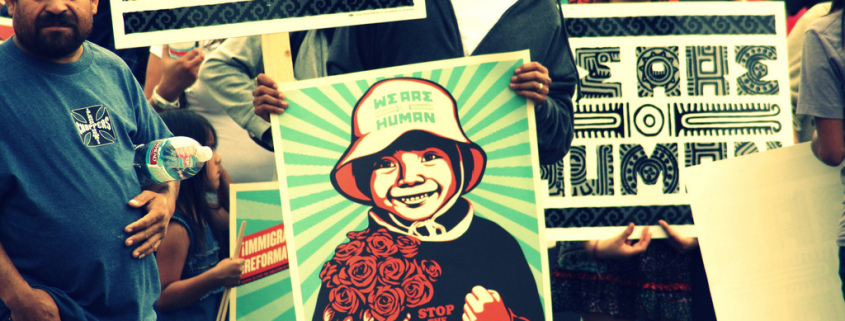
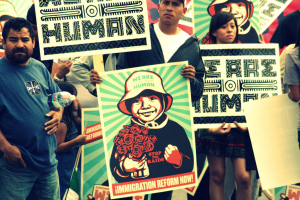

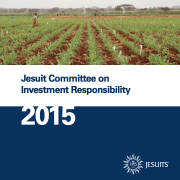
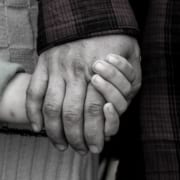
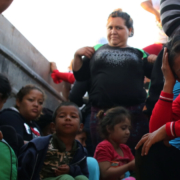
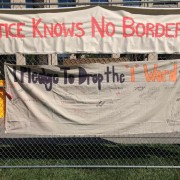
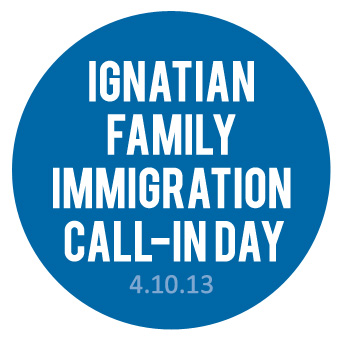



Leave a Reply
Want to join the discussion?Feel free to contribute!